Celebrating Duke's Sustainability Champions in 2020-21
Sustainability Award winners showed creativity and commitment in moving Duke forward in a challenging year

The past year saw the COVID-19 pandemic reshape life on Duke’s campus and beyond. At the same time, events across the nation pushed conversations about race, justice and equity to the forefront.
Throughout all of it, the winners of Duke’s 2020-21 Sustainability Awards continued working to help Duke lessen its environmental footprint while adapting to the limitations of the pandemic and embracing a more just and equitable vision of what sustainability can be.
“In a year that has undoubtedly been a personal and professional roller coaster for many, I am so excited to recognize the faculty, staff and students that persevered and helped expand Duke’s sustainability work in new, creative ways,” said Tavey Capps, director of Sustainable Duke. “From efforts to more deliberately integrate environmental justice work into the institution, to pivoting internships and educational events to online formats for even greater impact, these individuals showcase the passion, resilience and commitment to sustainability leadership that we need here on campus and in our world today.”
Meet the 2020-21 Sustainability Award winners.
Outstanding Leadership in Sustainability – Student
Margaret Overton, Class of 2020
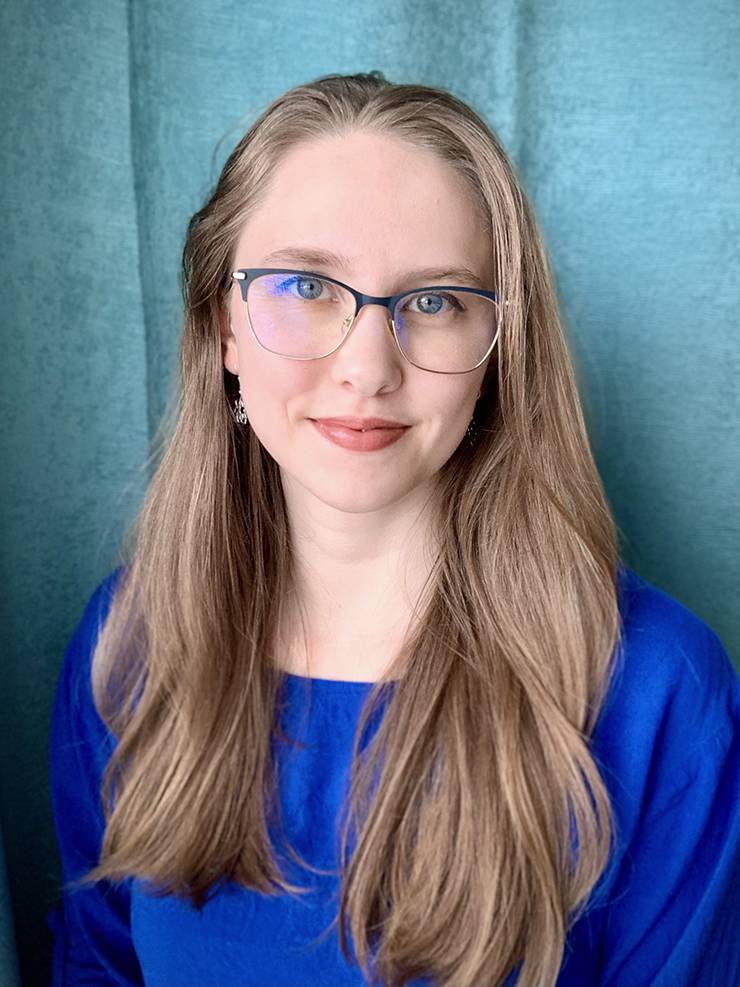 As the president of the Undergraduate Environmental Union and director of Environmental Affairs for Duke Student Government, Margaret Overton led the charge for responsible waste management, improved sustainability outreach to first-year students and a greater emphasis on justice and equity in campus conversations about environmental issues.
As the president of the Undergraduate Environmental Union and director of Environmental Affairs for Duke Student Government, Margaret Overton led the charge for responsible waste management, improved sustainability outreach to first-year students and a greater emphasis on justice and equity in campus conversations about environmental issues.
Margaret also generated change in her schoolwork as her capstone project for her Sustainability Certificateprovided the Duke Career Center with resources to help guide students interested in careers in the corporate social responsibility field.
She also led a dozen classmates in starting the Invest in Our Future campaign, which investigated Duke University’s investments in fossil fuel industries and pushed for divestment.
Outstanding Leadership in Sustainability – Student
Creativity During COVID
Cameron Oglesby, Class of 2021
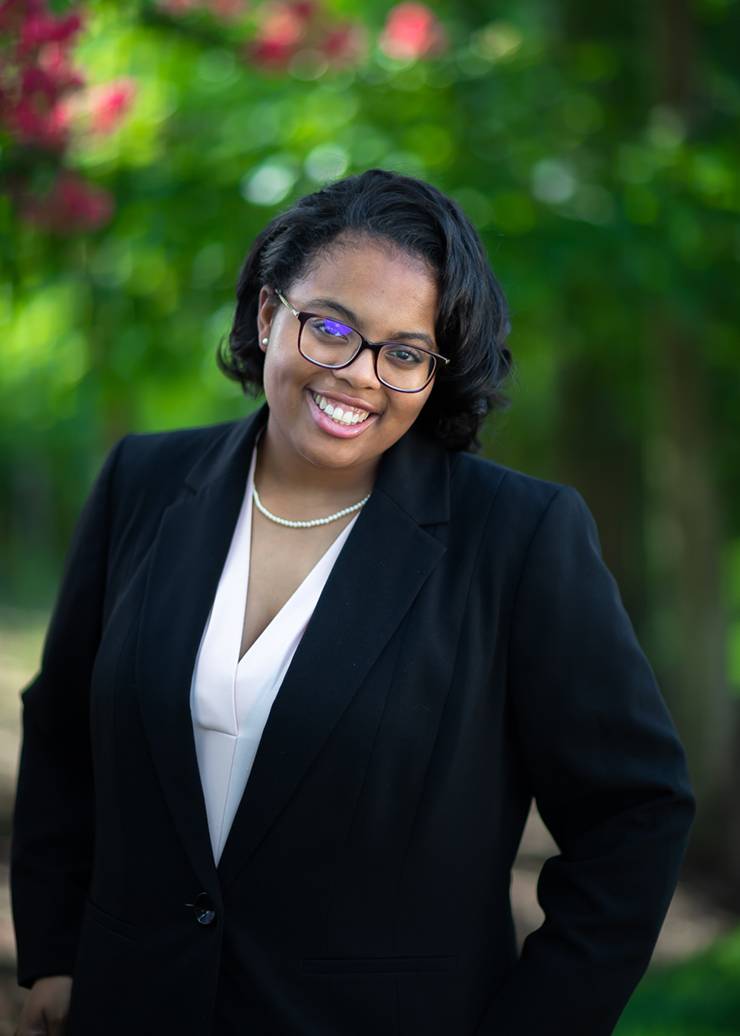 As an advocate for social justice and environmentalism on campus, Cameron Oglesby spearheaded the creation of the Environmental Justice Campus Committee. With more than 60 members representing a broad range of environmental, cultural, affinity and academic groups on campus, the committee aims to improve communication between students, faculty and staff about environmental justice. The group is also pushing for the creation of more environmental justice-related courses, a lecturer-in-residence on the topic and more opportunities to collaborate with Durham community members.
As an advocate for social justice and environmentalism on campus, Cameron Oglesby spearheaded the creation of the Environmental Justice Campus Committee. With more than 60 members representing a broad range of environmental, cultural, affinity and academic groups on campus, the committee aims to improve communication between students, faculty and staff about environmental justice. The group is also pushing for the creation of more environmental justice-related courses, a lecturer-in-residence on the topic and more opportunities to collaborate with Durham community members.
During the 2020-21 academic year, Oglesby served as the president of the Undergraduate Environmental Union and director of Environmental Affairs and Policy for Duke Student Government. She also taught a house course on environmental justice while also serving as an active student member of the Board of Trustee’s Strategic Task Force on Climate and Sustainability.
Outstanding Leadership in Sustainability – Student
Creativity During COVID
Avery Indermaur, Class of 2021
 Since her days as a first-year student on East Campus helping the Green Devils with their goal of certifying over 1,000 dorm rooms in the Green Dorm Room Challenge, Avery Indermaur has been an advocate for green change on campus.
Since her days as a first-year student on East Campus helping the Green Devils with their goal of certifying over 1,000 dorm rooms in the Green Dorm Room Challenge, Avery Indermaur has been an advocate for green change on campus.
With the Green Devils student group, she co-created the first-year sustainability certification program for students on East Campus and, during the pandemic, she helped develop a virtual mentoring system to allow older Green Devils to help newer members learn about sustainability leadership.
By building partnerships with the Duke Student Wellness Center, Indermaur helped organize gratitude lunches and yoga sessions on the East Campus lawn.
She also earned her Sustainability Certificate by studying sustainable agriculture, worked on a DukeEngage project on ecological restoration in the Limahuli National Tropical Botanical Garden in Hawaii and explored the relationship between food, wellness and sustainability while an intern with the Duke Student Wellness Center.
Outstanding Leadership in Sustainability – Staff
Beth Ray-Schroeder, Director of Duke Travels, Duke Alumni Association
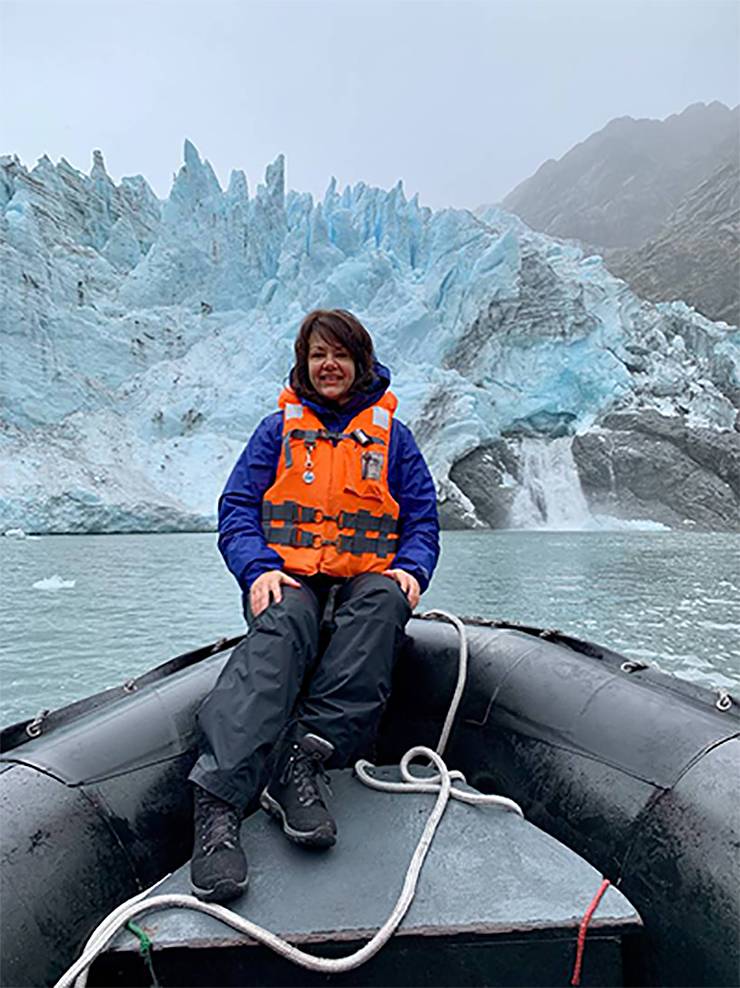 Beth Ray-Schroeder, who directs the Duke Alumni Association’s Duke Travels program, worked with Nicholas School of the Environment faculty members Jesko von Windheim and Emily Klein, and a team of students in the Master of Environmental Management program, to survey and evaluate tour operators on their sustainable travel practices.
Beth Ray-Schroeder, who directs the Duke Alumni Association’s Duke Travels program, worked with Nicholas School of the Environment faculty members Jesko von Windheim and Emily Klein, and a team of students in the Master of Environmental Management program, to survey and evaluate tour operators on their sustainable travel practices.
The results were used to make an online resource that can help Duke Alumni make more sustainable travel decisions and inspire tour operators to adopt more sustainable practices.
Ray-Schroeder joined the students to give a presentation on the project at the 2020 Education Travel Consortium annual conference in February 2020.
Outstanding Leadership in Sustainability – Faculty
Billy Pizer, Professor, Sanford School of Public Policy
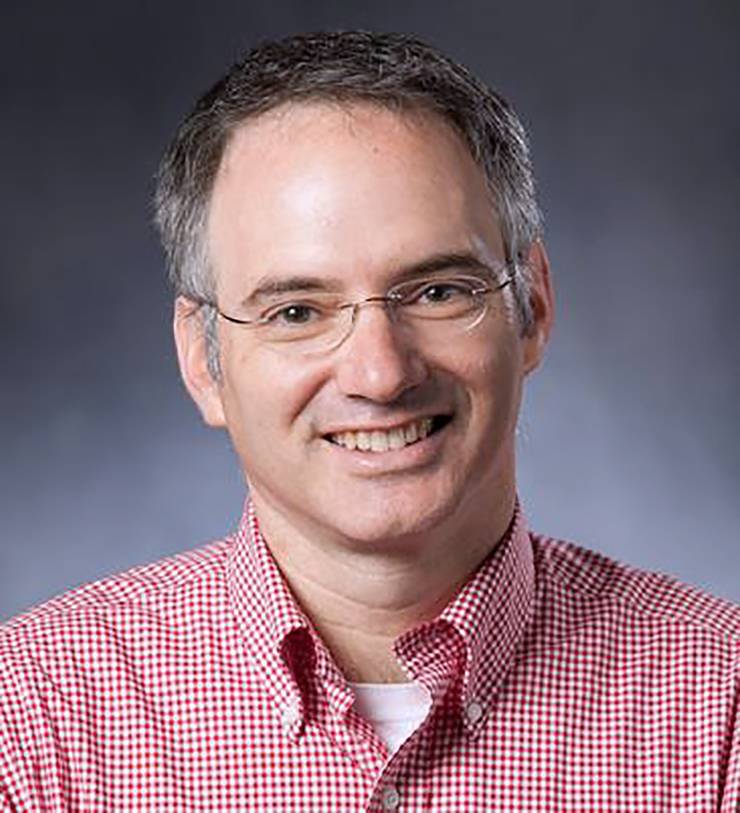 As an expert in energy policy and climate change, Sanford School of Public Policy Professor Billy Pizer helps expand the campus community’s understanding of sustainability issues through his teaching. But by serving as both faculty advisor and active participant on Data+ and Bass Connections teams looking into energy use on campus, Pizer took that work a step further.
As an expert in energy policy and climate change, Sanford School of Public Policy Professor Billy Pizer helps expand the campus community’s understanding of sustainability issues through his teaching. But by serving as both faculty advisor and active participant on Data+ and Bass Connections teams looking into energy use on campus, Pizer took that work a step further.
Pizer helped with a Bass Connections team working to visualize building energy use, which helps schools, departments, and units see how their energy decisions fit into Duke’s overall climate neutrality goals.
“He is personally engaged and knows that sustainable practice is as important as sustainable teaching,” write Pizer’s nominator Zach Johnson, Sanford School of Public Policy director of budgets and financial analysis.
Pizer has also been an active member of the Board of Trustee’s Strategic Task Force on Climate and Sustainability during the 2020-21 academic year.
Waste Reduction
Amalia Turner, Postdoctoral Associate
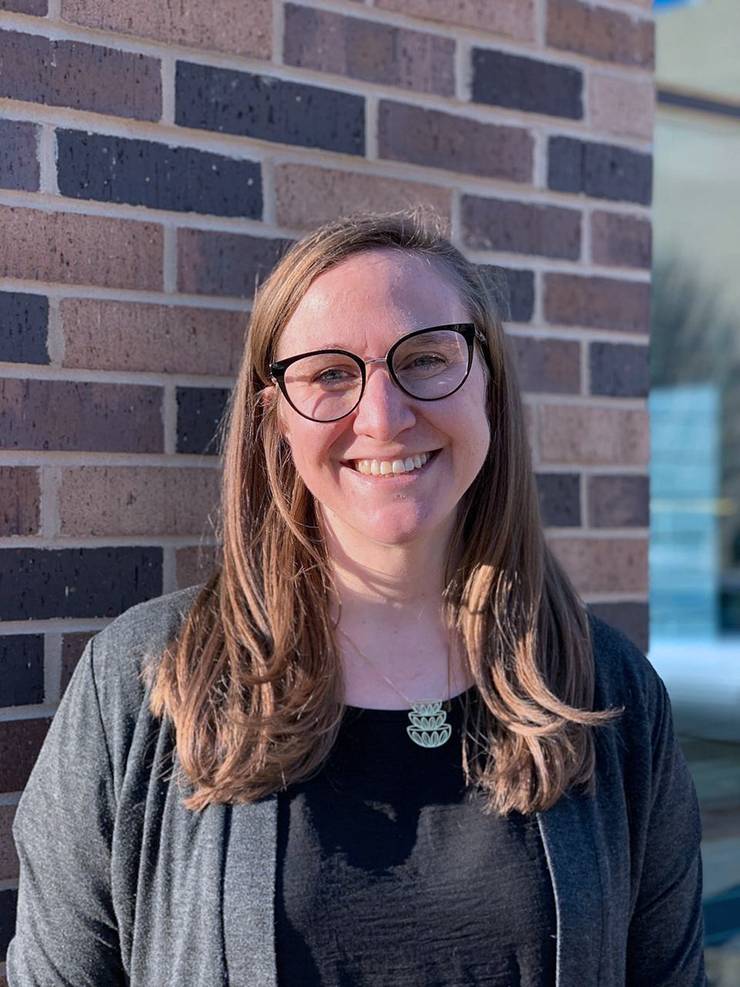 When the Duke Department of Civil and Environmental Engineering moved into its new lab space in Hudson Hall, it was faced with the challenge of figuring out what equipment and supplies should be moved over from its old spaces and what could be disposed of.
When the Duke Department of Civil and Environmental Engineering moved into its new lab space in Hudson Hall, it was faced with the challenge of figuring out what equipment and supplies should be moved over from its old spaces and what could be disposed of.
In order for this process to be done in a sustainable way and cutdown on landfill waste, Postdoctoral Associate Amalia Turner spearheaded an effort, with help from the Green Devils, to sort items, find opportunities for reuse, donate excess materials and make it easier for Duke Facilities Management to dispose of what was left over.
“The work that we were able to accomplish and that Amalia led can serve as a beautiful pilot run for future move-out protocols,” wrote Duke student and Green Devils member Jessee Steele, Turner’s nominator
Creativity During COVID
Student Organizers of the 5th Annual Energy Week at Duke
With the pandemic making face-to-face gatherings impossible, the student organizers of the 5th Annual Energy Week at Duke figured out how to keep the event going despite the disruptions.
The team of more than 40 students from the Fuqua School of Business, the Nicholas School of the Environment, the Pratt School of Engineering, the Sanford School of Public Policy and Trinity College of Arts & Sciences collaborated throughout the summer and early fall to pull together an event that featured a daylong virtual conference, a podcast recording session, two student competitions and multiple networking events.
The event drew over 1,000 participants and raised more than $1,500 for Grid Alternatives, a non-profit which aims to bring the benefits of renewable energy to underserved communities.
Send story ideas, shout-outs and photographs through our story idea form or write working@duke.edu.